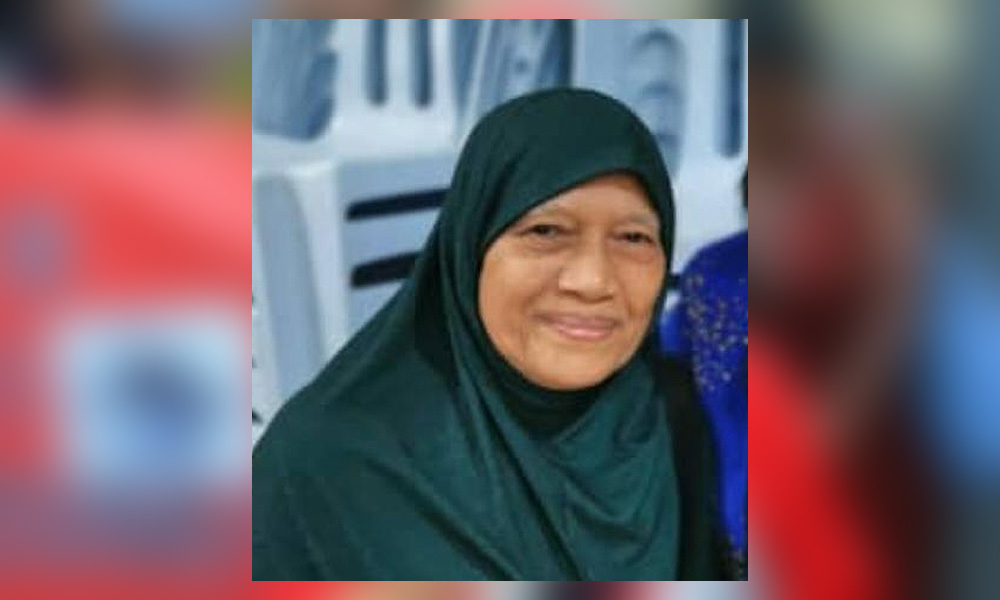
The weekend’s Malay Dignity Congress evoked familiar thoughts and emotions among Malay progressives who have long tried to address the issue of the community’s poorer classes, only to see it swept aside and buried by race-based rhetoric.
“The problem is that we have an elitist system embedded in our democracy. Political positions come with large perks, in terms of salary, power and influence to give out big contracts. This cuts across racial lines,” Siti Noor Hamid Tuah (above) told Malaysiakini.
Siti Noor is the daughter of the late Hamid Tuah, a tireless fighter for the cause of the rural Malay poor, the farmers and peasants. He was jailed on numerous occasions in the 1960s for championing the cause of land rights for rural Malays.
“My father was a great believer in the dignity of the Malay peasant.
“He believed that we must have the spirit of (merdeka) independence burning in our hearts.
“After independence from the British, he noticed that a new elite was forming under Alliance leaders. The Malay farmers still had a lot of trouble with issues like land ownership and crop irrigation, and many appealed to my father to step in. When he did, he was often arrested,” says Siti Noor.
A number of flashpoints included a successful campaign in the late 1950s for around 100 peasants to get their own land in the area now known as Johan Setia, and a river diversion effort to help farmers in Tanjung Karang in 1961 when their crops were facing destruction.
In 1961, when Hamid Tuah was arrested, hundreds of farmers protested outside Pudu Jail, which alarmed the government.
Siti Noor said that while her father’s efforts were almost exclusively to uplift the Malay community, he did not view poverty through a racial lens.
“At that time, Chinese peasants had the new villages, and most of the Indian poor were in the estates. So the issues may have been separate, but the poverty was common. After independence, all peasants were very much afraid to fight the elite. They were accused of being subversive and Communist supporters” she said.
“My father wanted to alleviate poverty among unskilled Malay peasants, but not at the expense of the poor of other races.
"He also did not belong to any political party, although his efforts were often supported by the Socialist Front. Unfortunately, many left-wing leaders who tried to build non-communal cooperation were jailed.”
Her father was detained again after leading a peasants’ movements in Teluk Gong in 1967, and he was a focal point of the Baling protests in 1974 in which the protests of starving Malay farmers were supported by students, leading to another round of ISA detentions, this time including people like Anwar Ibrahim (below, left) and Syed Husin Ali (below, right).

“Hamid Tuah did not focus on racism. He wanted his followers, who were from the peasantry, to be brave, free, self-reliant and self-aware. That is Malay dignity.”
“If Pakatan Harapan leaders just replace Barisan Nasional’s neo-liberal economy with something similar, nothing will improve for the poor, Malays or otherwise,” she added.
Class analyses needed
PKR’s Setiawangsa MP Nik Nazmi Nik Ahmad (below) agrees that something must change in how poverty is address in Malaysia.
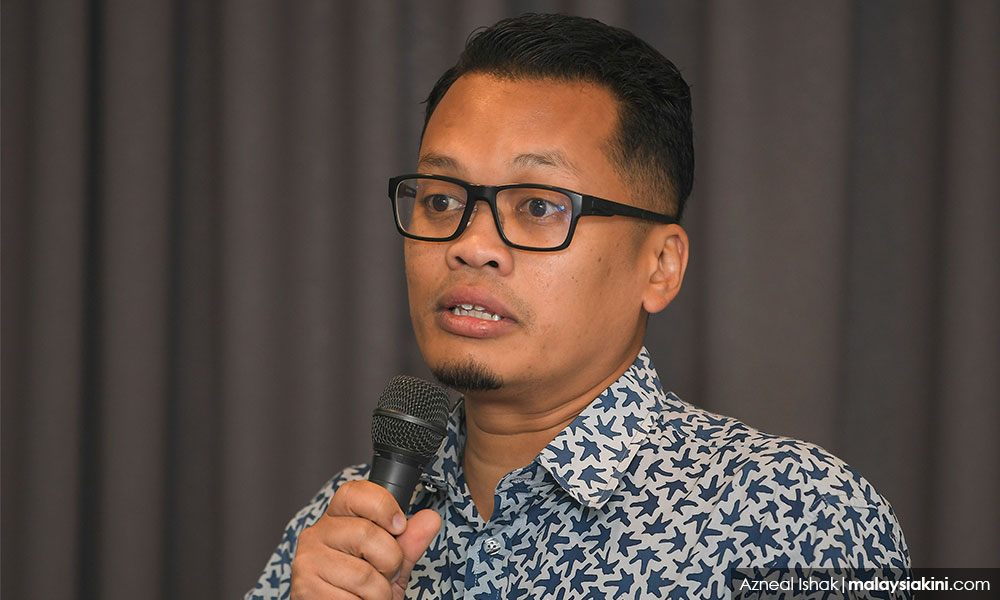
“We have to acknowledge that there is a sense of insecurity among the Malay community that has always been there, even though most political positions are held by us.
"We saw it with the anti-ICERD demonstrations, and even the Malay Dignity Congress reflects the unease felt among the Malays,” he told Malaysiakini.
“A lot of it is manufactured, but definitely not all. Some of the grievances have to do with bread and butter issues. The common man is feeling the pinch of the economy,” he said.
“The thing is that poor Malays are encouraged to find scapegoats in other communities, not challenge their own elite. In many other countries, poverty would be addressed in a class-based manner, but here we have always looked at it as race-based.”
According to Nik Nazmi, economic inequality is real, but it’s unfair to analyse it purely on race. “If we just look at the Tabung Haji, 70 percent of the accounts are very small, with just a few thousand in them, but one large account had RM190 million. This reflects the situation that under BN rule, a certain elite Malay class developed and flourished, but the masses have not benefitted,” he said.
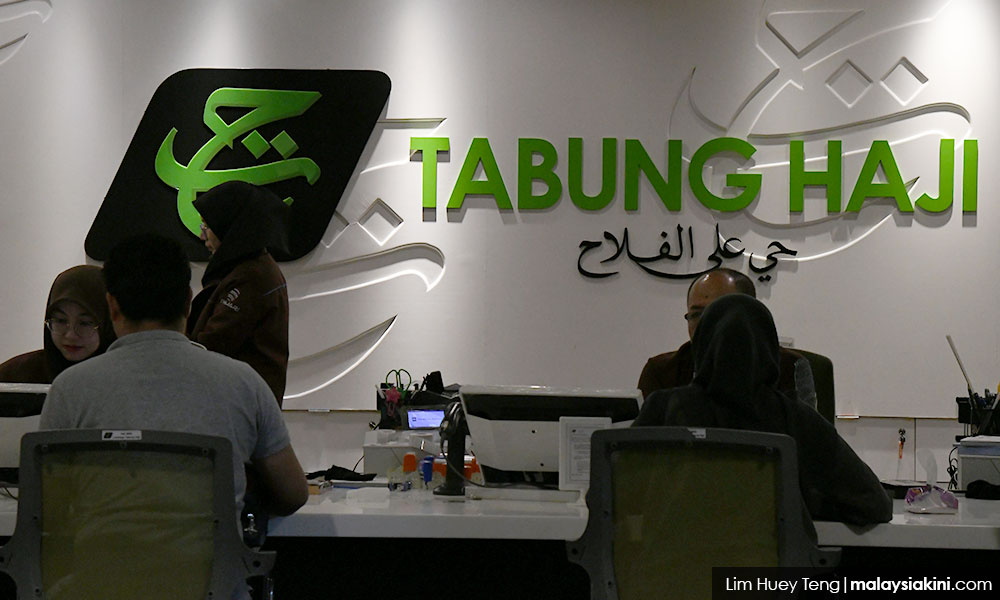
Nik Nazmi conceded that PKR, as the largest party in parliament and the only Malay-led multi-racial party, had a unique role to play.
“We should focus on the economy of common people. We also won last year’s election because of the economy, not just 1MDB. This month’s budget should show that we are addressing the concerns of the grassroots who are struggling to make ends meet.
“It’s true that the multi-racial PKR narrative is not heard enough among the grassroots. We are still figuring out how to govern. We have to speak in one voice. I believe we cannot turn our backs on the spirit of the Pakatan Harapan manifesto. We can’t just set it aside, as some seem to be doing.”
Intimidation of Malay progressives
Nik Nazmi also added that there was a lot of intimidation and manipulation carried out on social media by those supporting the right-wing narrative.
“Twitter is a bit more liberal, but certainly on Facebook you will get abused and trolled by cybertroopers. Because of the harshness of the abuse, a lot of people refuse to speak out.
“At the same time, this is a lesson for liberals as well. We cannot just brush it off. We need more compassion and understanding so that our country does not devolve into a 'us versus them' situation.”
Siti Noor agreed, saying that the atmosphere in cyberspace has become toxic.
“Hate speech is encouraged by some quarters, so that the common people are stressed and vulnerable, and easily pacified when simple issues are addressed, rather than critical ones,” she said.
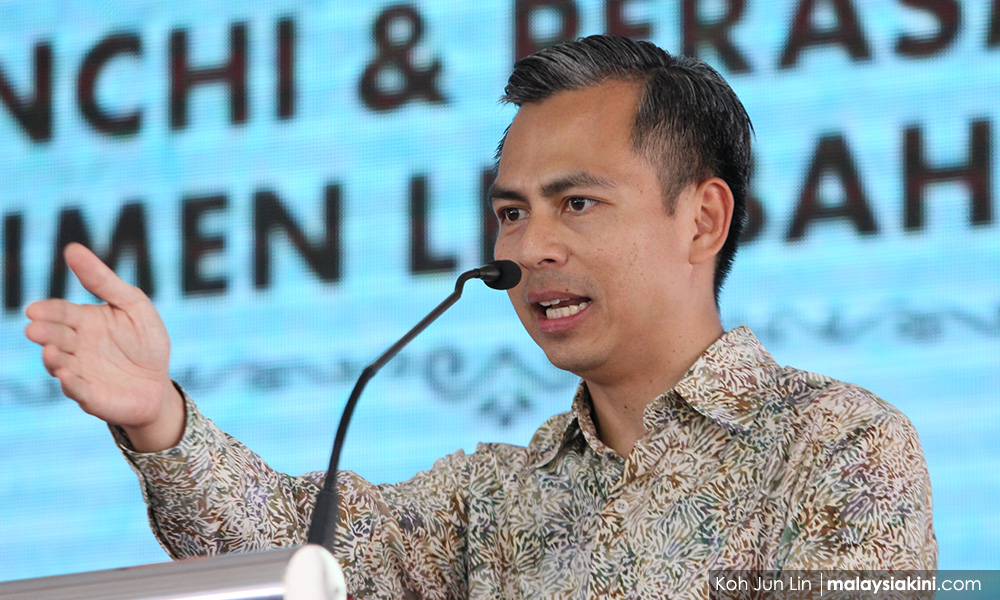
Lembah Pantai PKR MP Fahmi Fadzil (above) said that the organisers of the Malay Dignity Congress were making an attempt to create a new narrative and consolidate certain political elements.
“This event’s failure - while bad for certain groups - is good for Malaysia, as (prime minister) Dr Mahathir (Mohamad) has reiterated his message that Malays must work hard when given the right opportunities.
“That is a fair statement and is a clear indication that his position has not changed, despite what the organisers and a certain political clique had hoped for.
“Some of the concerns raised are legitimate, while others are linked to a certain political elite's insecurities that are projected onto the masses; the fact that university students had to be bussed to the stadium and given food and t-shirts reveals how constructed the entire affair was.”
Fahmi said his party must remain steadfast in its principles, particularly in fighting for social justice and championing the rakyat’s agenda, across races and religions, be it in Peninsular Malaysia, Sabah or Sarawak.
The political centre must hold its ground against the right-wing narrative, he added.
Leadership must be inclusive
Former Parti Rakyat Malaysia president Rohana Ariffin (below) was upset by the irresponsible conduct of leaders who attended the gathering.
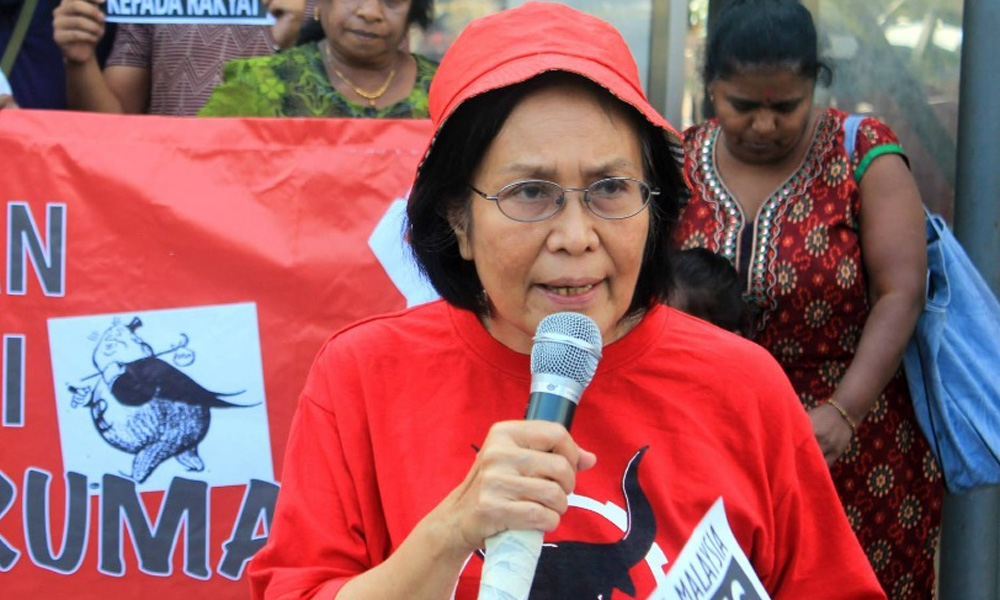
“As leaders, they should be encouraging the value of inclusiveness, and not exclusion of other races who have been here for generations. What sort of legacy are we leaving for the future generation?”
“Let us not be encouraging direct or indirect hatred contained in speeches and gatherings that would be further dividing the people. And creating hatred and suspicion among the youth of all races.”
She said the question of poverty among the Malays needed to be addressed as it was a structural issue, not a racial one.
“Capitalism and neo-capitalism will continue to create the rich and poor. Such inequalities both intra-race and inter-race will continue. Remember, there are also many poor among the other races, especially among the Indians,” she said.
The best way to reduce poverty was if proper policies and education are seriously looked into by the government without racial and religious biases.
"That would help all the poor of all races,” said Rohana. - Mkini



No comments:
Post a Comment
Note: Only a member of this blog may post a comment.